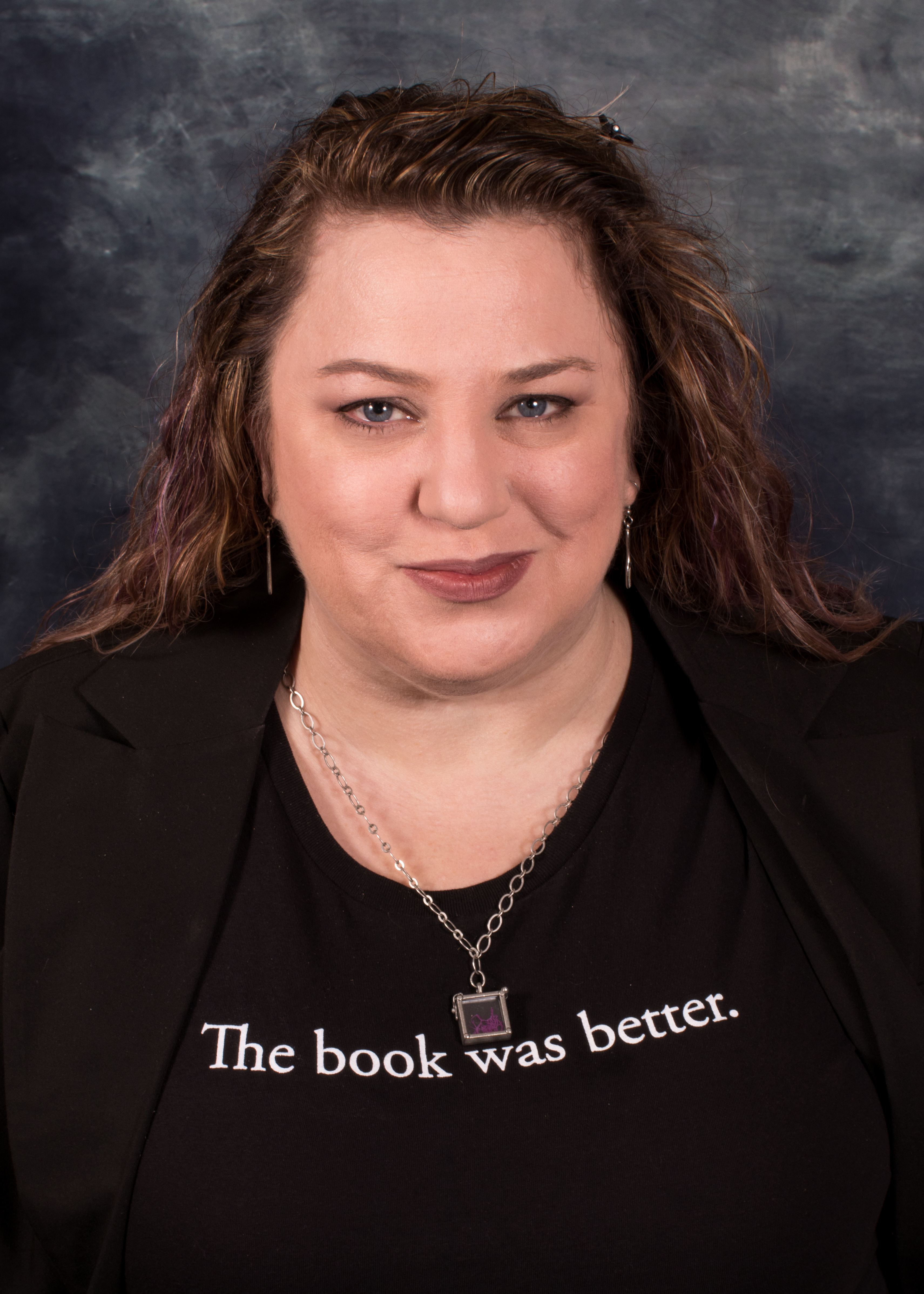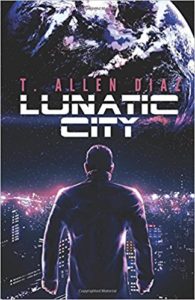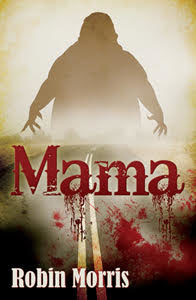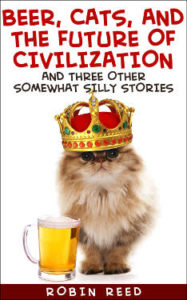A Guest Post by Wayland Smith
It’s creeping on towards fall again, and that means it’s time to start thinking about NaNoWriMo (www.NaNoWriMo.org). I don’t claim to be an expert, but I’ve successfully complected it nine times, plus several CampNaNo successes. So I at least know what works for me, which I’m more than happy to share. Hopefully, some of this will work for you as well. If not, maybe it will spark some ideas that will.
While I try not to obsess over my word count, I do like to have an idea how I’m doing and where I need to be. I find the graph on the site a bit hard to read at times, especially if I’m staying up extra hours to write. So one thing I do is create a daily chart of my progress next to where I should be. It goes something like:
| Day | Target | Actual Count |
|---|---|---|
| 1 | 1667 | 2003 (If I wrote 2003 words that day) |
| 2 | 3334 | 4107 (presuming 2104 that day) etc. |
You get the idea. It’s simple, and I’m sure there are a lot of other ways it can be done, but I’m a big fan of simple. I set it up with the day and needed count for the whole month, and just fill in the right as I go.
With word count potentially under control, on to the next potential problem. One of the things that breaks my writing stride is names. I’ll be writing away and a new character, or place, or business, or whatever appears, and I’ll come to a screeching halt as I realize whatever it is needs a name. So as part of my preparation, I try to name as many characters, places, streets, businesses, and the like as I know about going in. It’s not writing in advance, so it doesn’t break the rules, it just smooths out a spot I know trips me up.
There’s a lot of talk about outlining vs not. Among writers it’s almost as bad as politics or religion. The two sides don’t get each other at all, and usually try to persuade the other that they’re wrong. I personally don’t outline. I have found it doesn’t work for me. Listening to professional writers talk, it seems to be split among them. I’ve found that favorites of mine are in both camps, and there’s no pattern that I can see. The right way to write is the one that works for you. Don’t ever let anyone tell you otherwise, especially if you’re just starting out.
The first year I tried NaNo, I sat down as Halloween ended, midnight rolled around, and November began. I had no idea what I was doing, no idea, no plot, no title, no outline. I managed the fifty, barely. That’s not a brag, that’s telling you it can happen, and not to get discouraged if you don’t everything set up in detail when you get ready to start.
What I use is a system I call landmarks. I don’t try to get the minute details worked out ahead of time, as my ideas, and even my characters, tend not to cooperate when I do that. But, if I know there’s an important plot point, I’ll jot down a few of those. “Hero gets to forest, goes through with monster fights,” “hero finds heroine, flirts, looks like idiot, she laughs,” whatever is appropriate. I’ll write down several of those in the rough order I think they should happen, and stay flexible. Some people use the term “pantser” which I find juvenile and annoying, truth be told. Dean Wesley Smith, a writer who certainly knows more about it than I do, calls it “Writing Into Darkness,” and I kind of like that term. Again, find what works for you. This theme will keep cropping up, because it’s important.
Where you write, and your environment, is totally up to you. Some people insist on absolute silence with just the right lighting. Louis L’Amour, one of the most successful and prolific Western writers, won a bet and proved a point by writing a story on the median strip of a major city street, with cars zipping by. Personally, I can write almost anywhere (I’ve never tried the street experiment and don’t really want to). I prefer some music when I write, often movie soundtracks and tv themes, since they tend to be instrumental pieces. Again, find what works for you.
The NaNo site gives you a chance to look into regions, and if you do that, you can find people from your area to chat with, share frustrations with, or look for mutual encouragement from. Often there are “write ins” where people get together and write. I’ve gone to a few of those, and I’ve enjoyed them, and gotten work done. As much fun as fellow writers might be, the goal is to get those 50,000 words minimum down, not make new friends or chat. If you’re taking a break, by all means, socialize a bit. But if you do that the whole time, you just managed to lose writing time. That’s a judgement call you need to make for yourself.
Breaks are important. You should occasionally stretch, eat, drink, shower, all that good stuff. Go ahead and laugh, but if you really get in the zone, you can lose track of those things. Trust me. Fortunately I have someone to throw things at me or say things like, “Save what you’re doing in the next few minutes, because I’m going to turn off your computer until you eat.”
Which is another point. Talk to your nearest and dearest and tell them what you’re trying to do. As a rule, they’ll be supportive, even if they don’t “get it.” But if you want to hit 50,000 in a month, you need time to write, which usually means less time for other things. You might have to let that favorite show go to DVR. You might need to not watch (or play) the game. If you give people warning ahead of time, they’ll generally understand when you say, “I can’t go out tonight, I have to hit my word count.” Plan your time, and remember Thanksgiving happens in November. If you have a big family gathering planned, you need to take that into account for your writing goals.
My last suggestion, which is a very strong one, is turn off your editor. The goal here is words on page. As many have said, “You can fix a bad page, you can’t fix a blank one.” As others have said, “Give yourself permission to suck.” Your first draft won’t be a publishable, salable story. It’s not supposed to be. It’s the base for making a good novel later. And it also might be that it’s not as bad as you think it is. Don’t reread what you just wrote, don’t go back and rewrite, keep going. You can polish it later, after November ends.
So there you go. Lay in the snacks, stock up your favorite liquids, clear your social calendar, and get ready. To paraphrase a wildly popular tv and book series, “November is Coming.” Give it a whirl, and remember: if you don’t finish, if you only get 1,000 words for the whole month, that’s still 1,000 more than you started with. Which is an accomplishment.
I write under the name Wayland Smith. My NaNo site name is Kingsmythe. Feel free to look me up. Good luck, follow your own path, and see what you can do. You just might surprise yourself.






